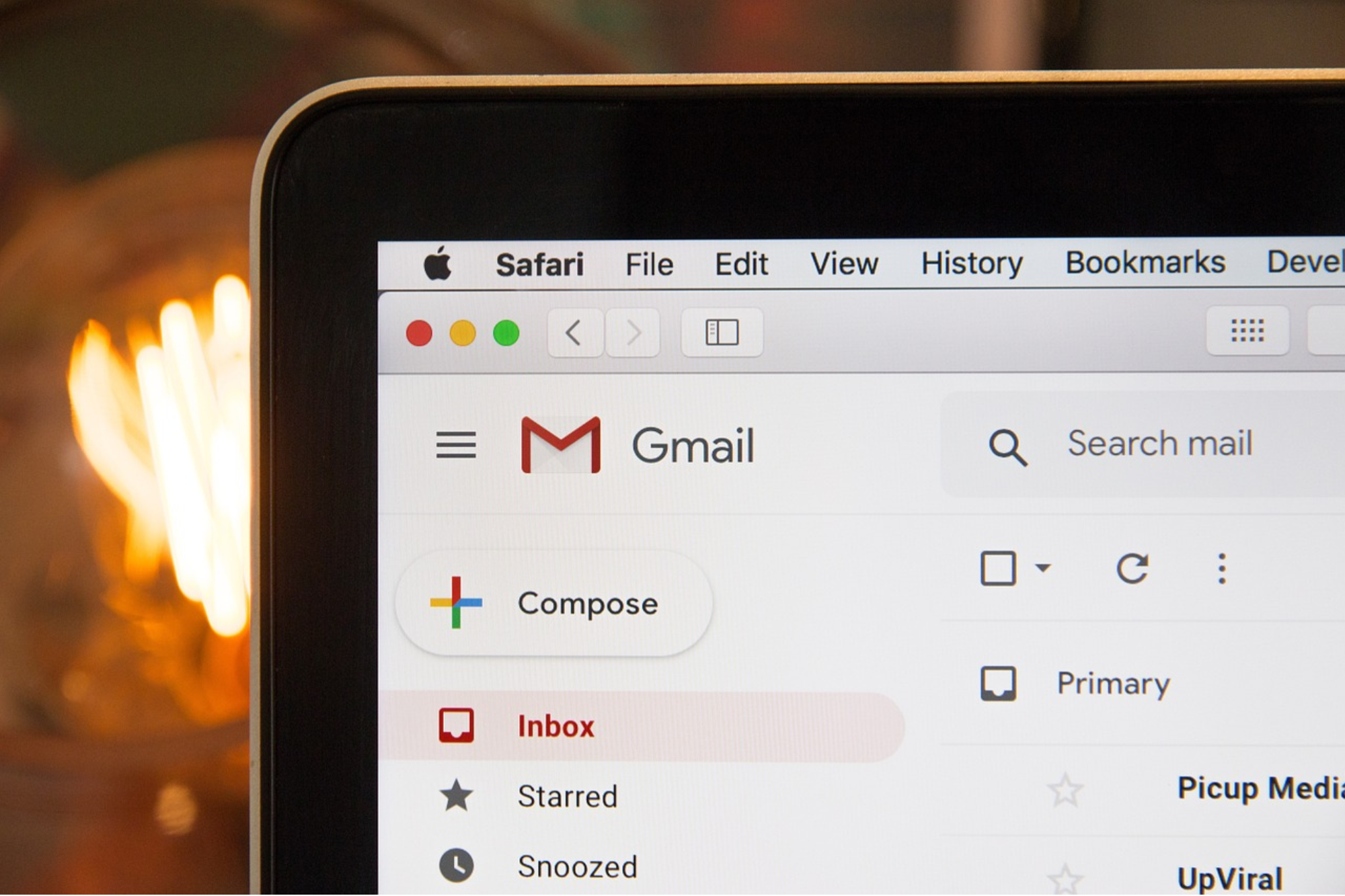Gmail responds to security concerns, says its protections are strong and effective Google said that several inaccurate claims surfaced recently that incorrectly stated that we issued a broad warning to all Gmail users about a major Gmail security issue.
By Kul Bhushan
Opinions expressed by Entrepreneur contributors are their own.
You're reading Entrepreneur India, an international franchise of Entrepreneur Media.

Was Gmail, Google's popular email service, hacked? Earlier this week, several reports were circulating online that Gmail had suffered a massive data breach.
These reports cited the warnings Google had allegedly issued relating to phishing attacks. Soon, Google clarified it was not the case. Let's declutter what happened and why such incidents should be taken seriously.
Google's clarification
Google minces no words on the robustness of its security.
"Gmail's protections are strong and effective, and claims of a major Gmail security warning are false," the company said in a blog post.
Google said that several inaccurate claims surfaced recently that incorrectly stated that we issued a broad warning to all Gmail users about a major Gmail security issue. This is entirely false.
The company, however, added that the phishers are always looking to infiltrate users' inboxes. Its protections were able to block more than 99.9% of phishing and malware attempts from reaching Gmail users.
"Security is such an important item for all companies, all customers, all users — we take this work incredibly seriously. Our teams invest heavily, innovate constantly, and communicate clearly about the risks and protections we have in place. It's crucial that conversation in this space is accurate and factual," it added.
But there's more to it
Dipal Dutta, CEO and founder at RedoQ, explains that the recent security event was not a direct breach of Google's systems or consumer Gmail accounts. The issue started from a data breach at a third-party company, which handled some of Google's business-to-business data.
"This data included information like company names and contact details for business communication. The security threat to Gmail users is not a technical vulnerability in Gmail itself, but rather the fact that the exposed data is now being used to craft more convincing social engineering attacks, such as phishing and "vishing" (voice phishing)," Dutta explained.
Anirudh Batra, security researcher at CloudSEK, disclosed that news spread about a "combolist" circulating on dark web forums last week.
This file, shared by a threat actor, contained a compilation of previously leaked passwords. Such incidents are increasingly common, with a recent "mother of all breaches" also sharing 16 billion usernames and passwords.
"It's important to note that these are not new credentials, but rather a large aggregation of old ones," Batra added.
What is phishing and why it's dangerous
Phishing essentially is a type of attack where a scammer tries to trick you into revealing sensitive information, like your password, by pretending to be a trusted entity. They often use emails, messages, or websites that look legitimate.
Lately, the attacks have become more sophisticated. According to cybersecurity experts, the attackers can use the leaked business contact information to create a more realistic and personal approach. For example, a scammer might know the name of your company, a specific employee, or even the department you work in.
They might send an email that appears to be from a colleague or from Google's support team, using that knowledge to make the message seem more authentic and urgent. This makes it harder for people to spot the scam. The goal is to get you to click a malicious link, download an attachment, or provide your login details.
It's worth noting that Google employs advanced behavioural analysis and session management, which fortifies Gmail account security by making it more challenging for attackers to take over an account, even if cookies or credentials are stolen, security experts explain.
Other than phishing, attackers deploy techniques such as vishing, and malware distribution as primary attack vectors across all email providers.
What businesses and individuals can do?
It's advisable that businesses and individuals use at least two step verification. Also known as two-factor authentication (2FA), it is an important security measure because it adds a second layer of defence beyond your password.
"Even if an attacker manages to get your password through a phishing scam or data breach, they still cannot access your account without the second factor. This is typically a code sent to your phone or a prompt that you must approve on a trusted device. This makes it much harder for attackers to compromise your account," Dutta explains.
Users can also consider passkeys as an alternative.
For example, Passkeys are a more modern and secure alternative to passwords and 2SV. They use biometric authentication, such as a fingerprint or face scan, on your device to sign in.
Experts say that since a passkey is tied to your physical device and cannot be phished or reused, it is considered one of the most secure ways to protect your account.










